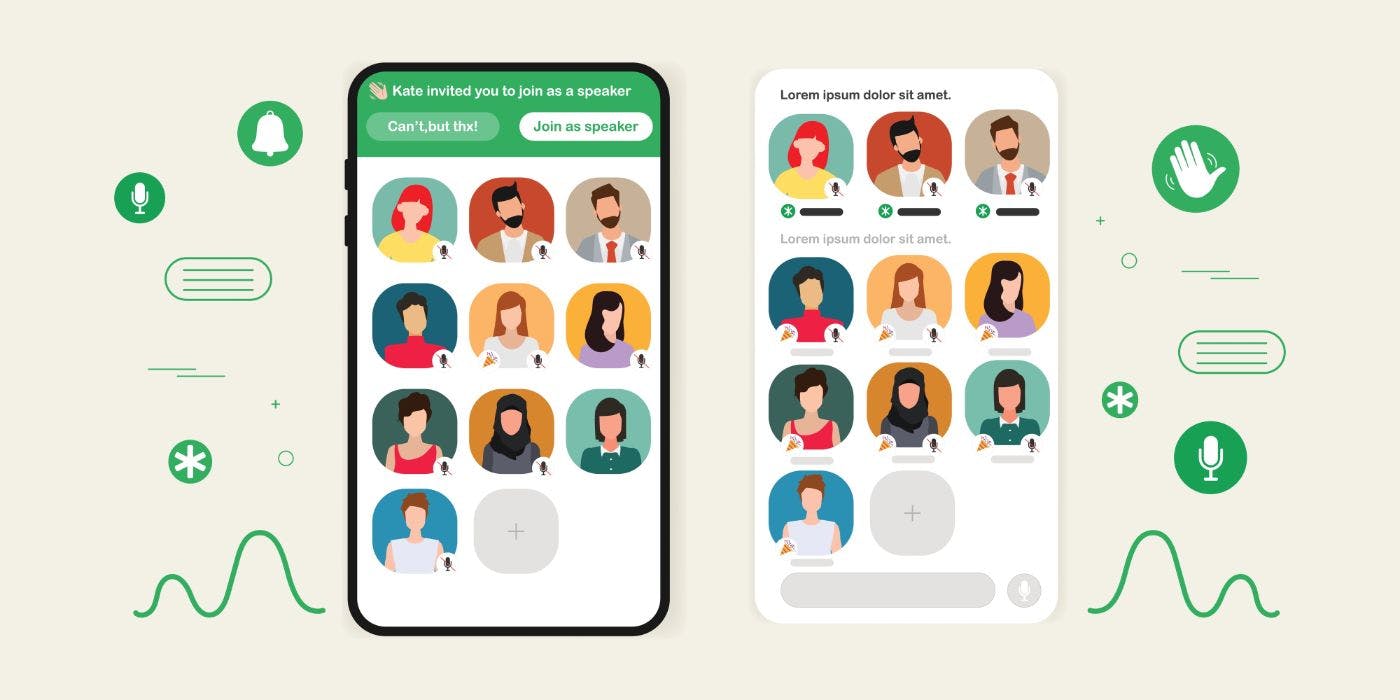497 reads
Build a Clubhouse Clone App with Android and ZEGOCLOUD
by
July 5th, 2022
Audio Presented by

ZEGOCLOUD is a professional audio and video cloud services. Learn more: https://www.zegocloud.com/
About Author
ZEGOCLOUD is a professional audio and video cloud services. Learn more: https://www.zegocloud.com/
